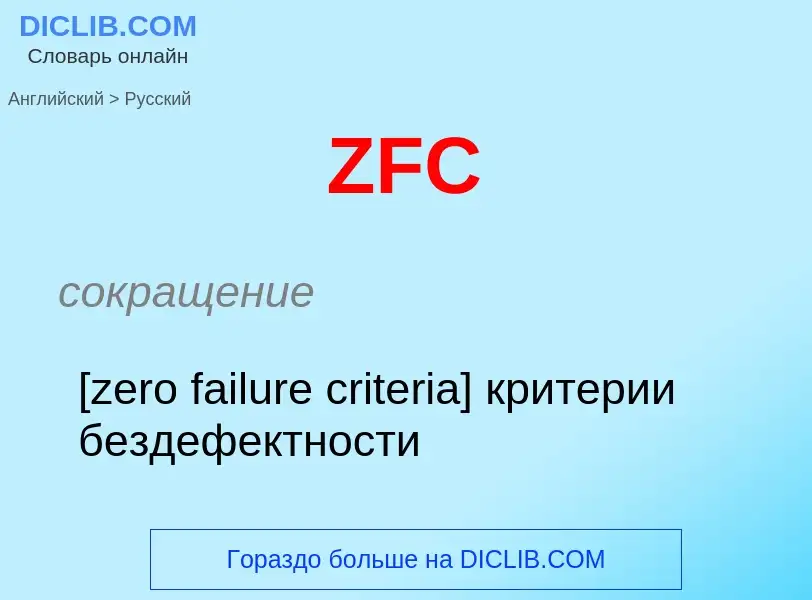Vertaling en analyse van woorden door kunstmatige intelligentie ChatGPT
Op deze pagina kunt u een gedetailleerde analyse krijgen van een woord of zin, geproduceerd met behulp van de beste kunstmatige intelligentietechnologie tot nu toe:
- hoe het woord wordt gebruikt
- gebruiksfrequentie
- het wordt vaker gebruikt in mondelinge of schriftelijke toespraken
- opties voor woordvertaling
- Gebruiksvoorbeelden (meerdere zinnen met vertaling)
- etymologie
ZFC - vertaling naar russisch
сокращение
[zero failure criteria] критерии бездефектности
Definitie
Wikipedia
In set theory, Zermelo–Fraenkel set theory, named after mathematicians Ernst Zermelo and Abraham Fraenkel, is an axiomatic system that was proposed in the early twentieth century in order to formulate a theory of sets free of paradoxes such as Russell's paradox. Today, Zermelo–Fraenkel set theory, with the historically controversial axiom of choice (AC) included, is the standard form of axiomatic set theory and as such is the most common foundation of mathematics. Zermelo–Fraenkel set theory with the axiom of choice included is abbreviated ZFC, where C stands for "choice", and ZF refers to the axioms of Zermelo–Fraenkel set theory with the axiom of choice excluded.
Informally, Zermelo–Fraenkel set theory is intended to formalize a single primitive notion, that of a hereditary well-founded set, so that all entities in the universe of discourse are such sets. Thus the axioms of Zermelo–Fraenkel set theory refer only to pure sets and prevent its models from containing urelements (elements of sets that are not themselves sets). Furthermore, proper classes (collections of mathematical objects defined by a property shared by their members where the collections are too big to be sets) can only be treated indirectly. Specifically, Zermelo–Fraenkel set theory does not allow for the existence of a universal set (a set containing all sets) nor for unrestricted comprehension, thereby avoiding Russell's paradox. Von Neumann–Bernays–Gödel set theory (NBG) is a commonly used conservative extension of Zermelo–Fraenkel set theory that does allow explicit treatment of proper classes.
There are many equivalent formulations of the axioms of Zermelo–Fraenkel set theory. Most of the axioms state the existence of particular sets defined from other sets. For example, the axiom of pairing says that given any two sets and there is a new set containing exactly and . Other axioms describe properties of set membership. A goal of the axioms is that each axiom should be true if interpreted as a statement about the collection of all sets in the von Neumann universe (also known as the cumulative hierarchy). Formally, ZFC is a one-sorted theory in first-order logic. The signature has equality and a single primitive binary relation, intended to formalize set membership, which is usually denoted . The formula means that the set is a member of the set (which is also read, " is an element of " or " is in ").
The metamathematics of Zermelo–Fraenkel set theory has been extensively studied. Landmark results in this area established the logical independence of the axiom of choice from the remaining Zermelo-Fraenkel axioms (see Axiom of choice § Independence) and of the continuum hypothesis from ZFC. The consistency of a theory such as ZFC cannot be proved within the theory itself, as shown by Gödel's second incompleteness theorem.

